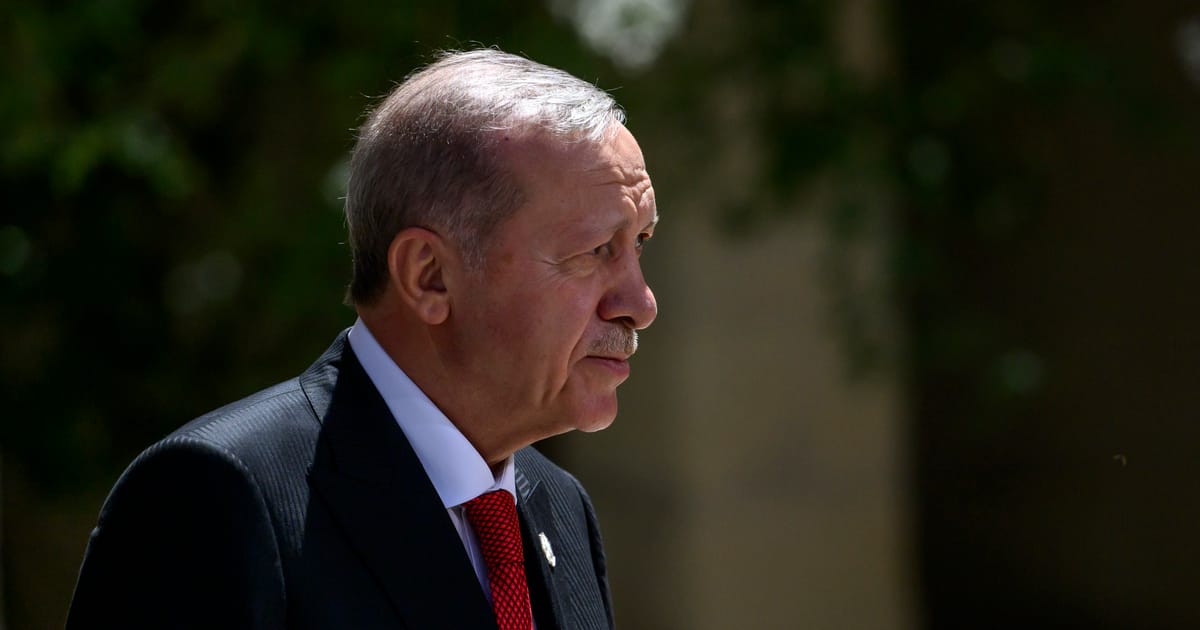Overall, the front lines of Syria’s civil war have been stagnant since 2020, although there have been fierce episodic clashes. For the past four years, Assad has controlled much of the country and its largest cities; a Turkey-tolerated, HTS-led alliance of mostly Islamist rebels have remained squeezed in an enclave in Idlib and parts of the countryside west of Aleppo, while Turkish troops and Turkish-sponsored militias have been overseeing a strip of what was once Kurdish territory along the border north of Aleppo. And in Syria’s northeast, the Kurdish-dominated Syrian Democratic Forces (SDF) — a U.S. ally against the jihadist Islamic State — have largely been left to their own devices.
The offensive has dramatically shifted all that, but the consequences are difficult to predict. Erdoğan now holds many of the strings, but whether they slip from his hands is another matter. He certainly doesn’t want things to spin out of control and Assad to fall, but that may partly depend on whether HTS keeps to the script, consolidates in Aleppo and focuses on establishing an Islamist-style government there, much as it has in Idlib. If it charges off and pushes south of Hama because Assad’s defenses crumble, then Erdoğan may find he sparked more than he bargained for.
The Turkish leader has been pressing Assad to agree to reconcile for the past few months, but the Syrian leader has shunned the offer, insisting Turkey first withdraw thousands of its troops and its sponsored militias from Syrian territory. Thus, some observers see the offensive as part of Ankara’s effort to pressure Assad into normalizing relations and negotiating a political solution to the civil war — which would give Erdoğan the opportunity to repatriate 4.7 million Syrian refugees living in Turkey.
The reconciliation would likely come at considerable cost to the Kurds and involve the curtailment of their semi-autonomy in the northeast as well. Turkey and its proxies are already expanding their control of Kurdish-controlled towns and villages adjacent to the border. And over the weekend, the Turkish-sponsored Syrian National Army seized the Kurdish stronghold of Tal Rifaat, along with other SDF towns and villages east of Aleppo.
So, where does this leave Russia? Like Assad’s other key allies Iran and Hezbollah, Moscow is focused on other priorities — namely, Ukraine. And so far, Russian warplanes have only flown limited bombing sorties in support of Assad’s forces, adding to speculation that the Kremlin knew about the coming offensive and isn’t unhappy seeing pressure on Assad mount.
Moscow too has been pushing Assad to reconcile with Erdoğan and explore political solutions to end the civil war, which would open Syria up for lucrative trade for Russian businesses, and presumably ensure there are no risks to its strategic air and naval bases in Syria. Over the summer, the Kremlin repeatedly sought to arrange face-to-face meetings between the Syrian and Turkish leaders to no avail.


